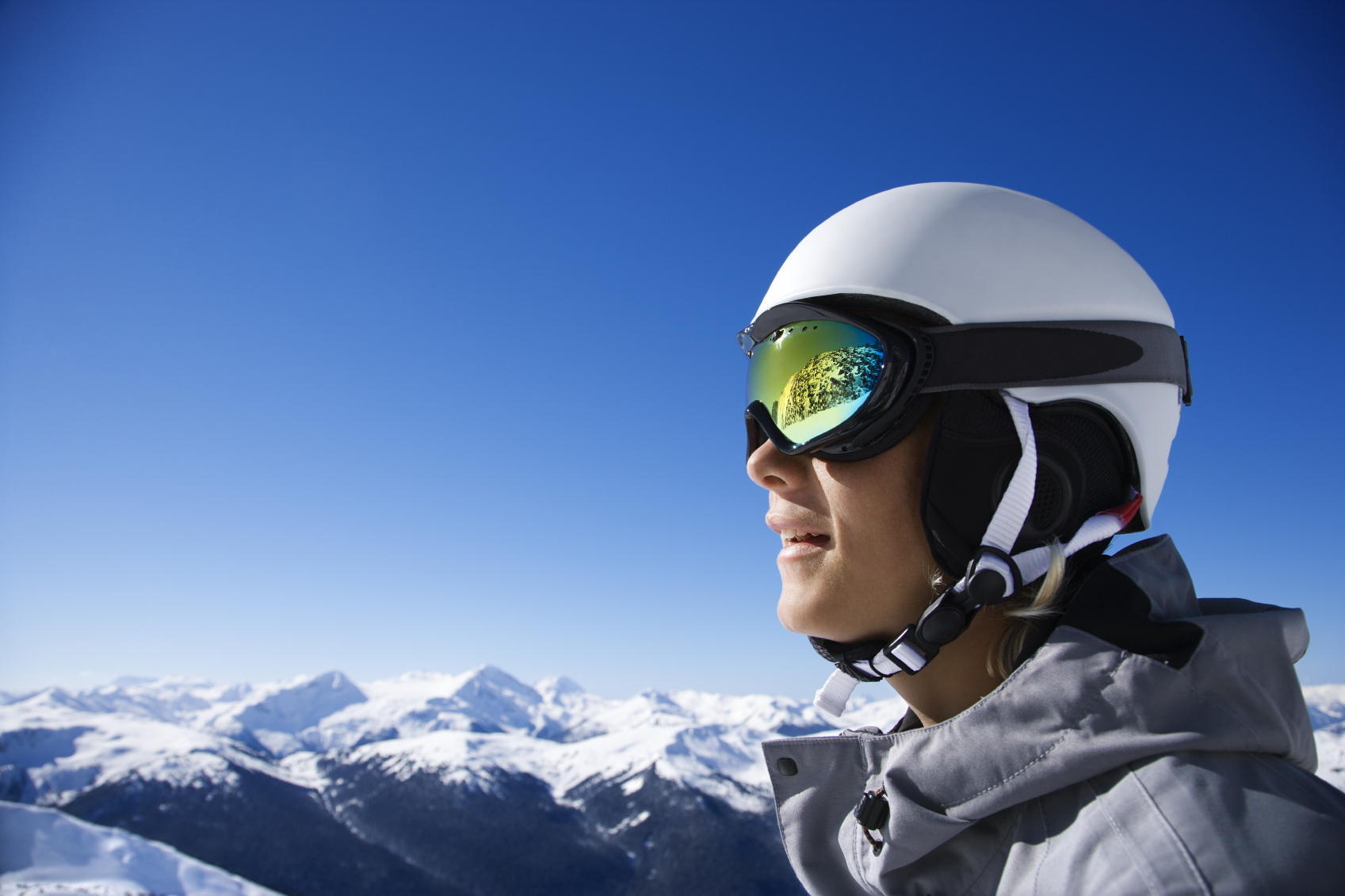
According to a study recently published in the British Journal of Sports Medicine, ski helmets aren’t reducing head injuries as much as they used to.
“We observed an unexpected reduction in the protective effect of a skiing helmet. This may be due to new skiing trends in the alpine resorts.” – Conclusion in abstract of the study in British Journal of Sports Medicine published in August 2016
Researchers are blaming an increase in “expert” skiers and snowboarders, improved equipment, easier access to off-piste terrain, and bigger, gnarlier park jumps and rails.
The British Journal of Sports Medicine reports that helmets still offer significant protection against serious head injuries. They go on to say all skiers and snowboarders should be wearing them.
“Skiing and snowboarding are winter sports enjoyed by several hundred million people worldwide, and they are increasingly popular. However, they also represent activities with high potential for traumatic injury.” – Dr. Steinar Sulheim of Gjoevik Hospital, Norway, lead author told Reuters
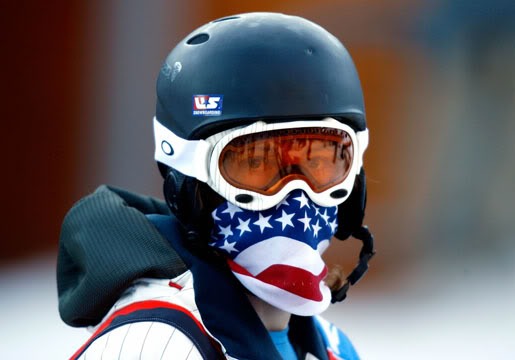
Dr. Sulheim was involved in a study in 2002 that found that helmets reduced head injury risk by up to 60% for skiers and snowboarders. A decade later, he decided to run another study and see if wearing a helmet still reduced head injury risk. He found that things had changed dramatically.
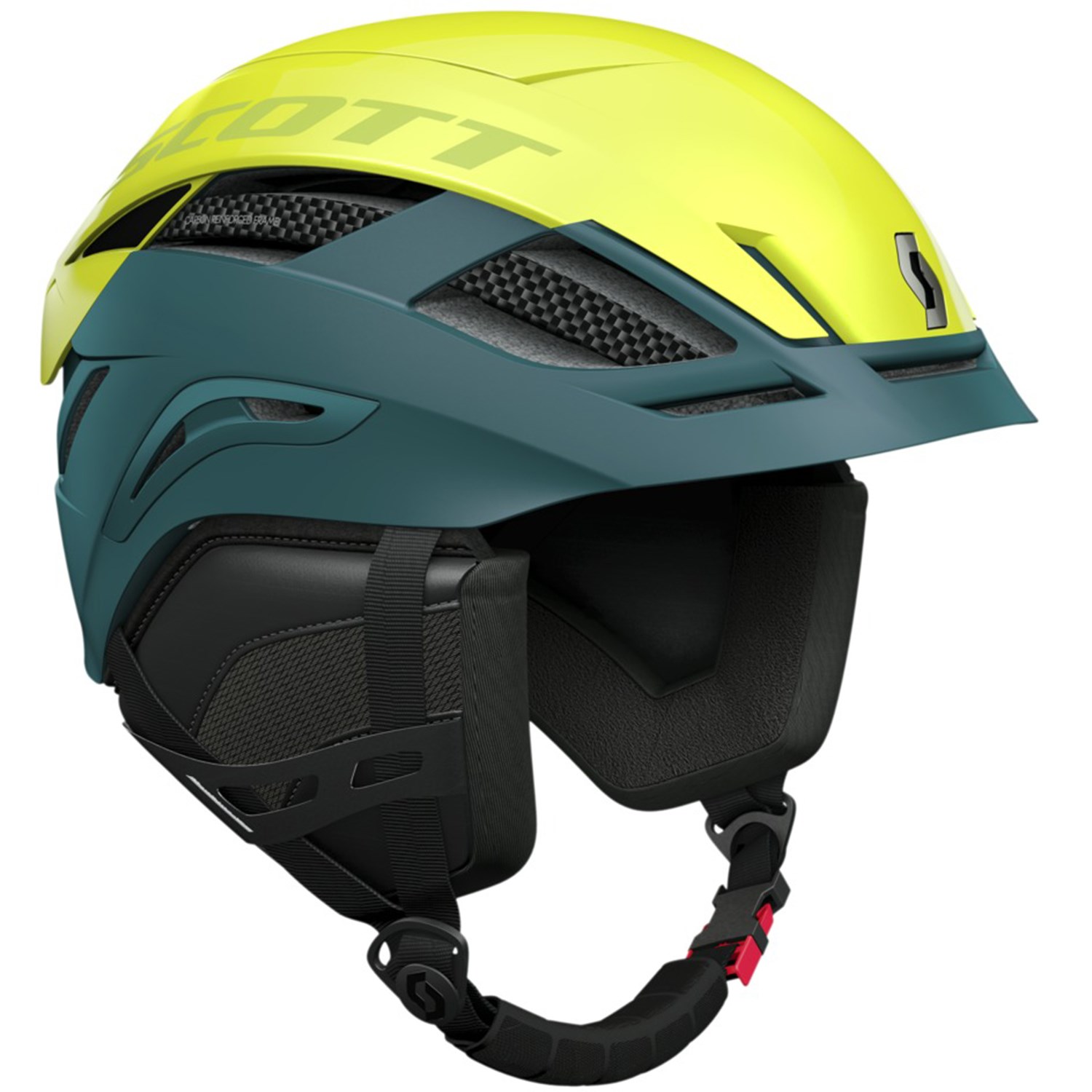
Between 2002 and 2011, helmet use among skiers and snowboarders rose from 24% to 77% at Norwegian ski resorts, 1,781 head injuries were recorded at Norwegian ski resorts with 925 labeled as potentially severe.
In 2002, wearing a helmet while skiing and boarder reduced head injury risk by 55%.
In 2010, wearing a helmet while skiing and boarder reduced head injury risk by only 21%.
In 2011, the difference in head injury risk between helmeted and unhelmeted skiers and riders was no longer significant.
“Using a protective helmet in alpine skiing and snowboarding reduces the risk of injuries, although the protective effect was less than expected.” Dr. Sulheim told Reuters
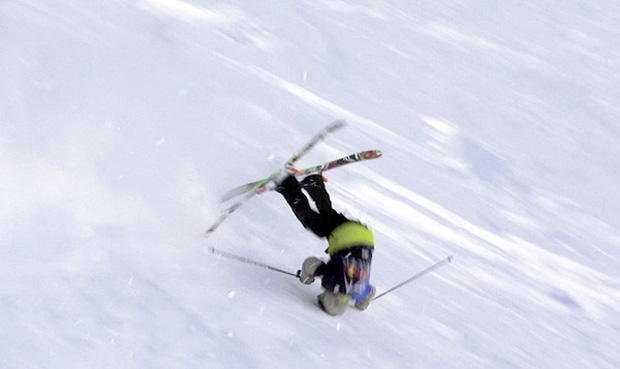
According to the study, in 2002, wearing a helmet made skiers and snowboarders 56% less likely to suffer a serious head injury. In 2010, that rate dropped to 26 percent in 2010, but increased once more to 33% in 2011.
Skiers and riders classified at “expert” and “good” were 38% more likely to have a severe head injury than “beginner” and “intermediate” skier and riders, according to researchers.
Between 2002 and 2011, the number of skiers and rider identifying themselves as “expert” went up.
New, better equipment has been “opening new possibilities for acrobatic skiing moves” and bigger park features “with high jumps and other obstacles raising concerns about the potential . . . for severe crashes.”
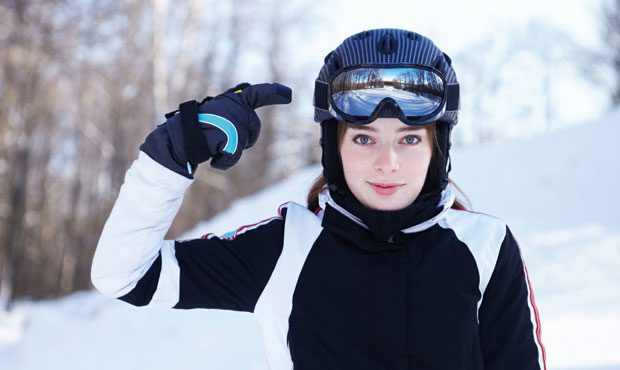
In addition to an increase in “expert” skiers researchers are blaming improved equipment, easier access to off-piste terrain, and bigger, gnarlier park features.
“Some aspects of the sport do seem to be more dangerous today – the jumps are bigger, rails are more common, and off piste terrain is more accessible.”- Dr. Kelly Bergmann, a doctor of emergency pediatric medicine with Children’s Hospitals and Clinics of Minnesota in Minneapolis – who wasn’t involved in the study told Reuters
“As the limits of the sport continue to be pushed, there is likely some degree of risk involved.” – Dr. Bergmann told Reuters
“Helmet use should still be encouraged among skiers and snowboarders, but there is still work to be done in terms of figuring out why helmets may not confer as much of a benefit as we would expect.” Bergmann told Reuters
The study showed an increase in injuries in terrain parks from 8% in 2002 to 21% in 2010 to 25% in 2011.
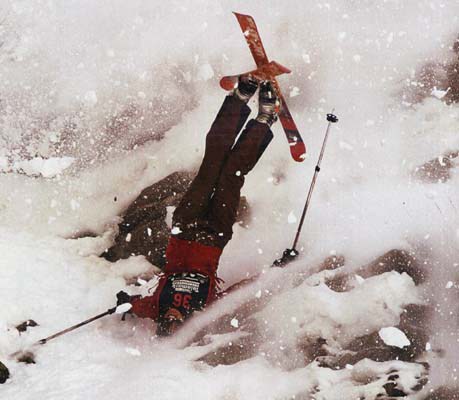
Ski patroller here. We have to fill out paperwork after each incident and one of the questions asks if people consider themselves “beginner,” “intermediate,” or “expert.”
It’s a good thing I usually wear goggles as I’m filling out the paperwork. It hides my raised eyebrows and rolled eyes.